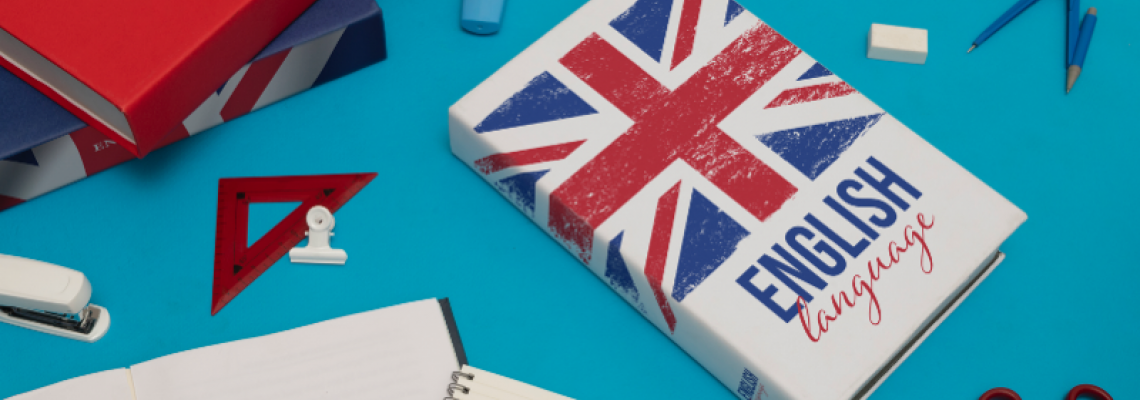
Navigating the World of International Curricula: IGCSE, A-Levels, IB, and the American System in Malaysia
Choosing the right educational path for your child is a significant decision, one that shapes their future. In Malaysia, the landscape of private and international schools offers a diverse range of curricula, each with unique origins and aims. Among the most popular are the IGCSE, A-Levels, International Baccalaureate (IB), and the American System. The IGCSE, rooted in the British educational tradition, was developed in the late 1980s as an international version of the GCSE for students outside the UK. It was designed to provide a globally recognized qualification that maintains high academic standards, offering a flexible yet rigorous foundation for further studies. In Malaysia, the IGCSE is arguably the most prevalent international curriculum, widely adopted by private and international schools due to its established reputation and global recognition. This system emphasizes subject mastery and critical thinking, preparing students for the demands of higher education.
Building upon the IGCSE, A-Levels, also a cornerstone of the British education system, offer specialized and in-depth subject knowledge. Historically, A-Levels were designed to prepare students for university entrance in the UK. They focus on a smaller number of subjects, allowing students to delve deeply into their chosen fields, developing the academic skills essential for university-level success. A-Levels also maintain strong popularity in Malaysia, especially among students aiming for universities in the UK, Australia, and other Commonwealth countries. This focused approach and clear progression from IGCSE make A-Levels a highly respected qualification, reflecting a long-standing tradition of academic excellence.
Conversely, the International Baccalaureate (IB) Diploma Programme, founded in Switzerland in 1968, emerged from a desire to create a globally recognized curriculum that promoted international understanding and holistic development. Unlike national systems, the IB aimed to educate students to be citizens of the world, fostering critical thinking, inquiry-based learning, and a global perspective. The IB is gaining increasing traction in Malaysia, particularly among families seeking a well-rounded and globally oriented education. While not as widespread as IGCSE, its reputation for academic rigor and holistic development is growing. The IB's unique core components, including Theory of Knowledge (TOK), the Extended Essay (EE), and Creativity, Activity, Service (CAS), develop well-rounded, community-minded individuals, emphasizing intercultural understanding and lifelong learning.
Finally, the American System, evolving from the early colonial education practices in the United States, offers flexibility and breadth. It reflects the American emphasis on individual choice and diverse learning experiences. The American System, while present in Malaysia, is less common compared to the British-based systems. It tends to attract families with strong ties to the United States or those seeking a more flexible and extracurricular-focused education. This system allows students to explore a wide range of elective courses and pursue their interests, with a strong emphasis on extracurricular activities to foster well-rounded development. Standardized tests like the SAT and ACT, which developed over the 20th century, provide a recognized measure of academic achievement, facilitating access to universities in the United States and globally. The American system's structure allows for gradual specialization as students progress through high school, providing a flexible college preparatory system that reflects the diverse nature of American higher education.
Ultimately, the optimal curriculum for your child hinges on their individual needs, interests, and aspirations. Factors such as their learning style, career goals, desired universities, and your family's values should guide your decision. By carefully considering the historical context, advantages, and popularity of each curriculum within the Malaysian context, you can make an informed choice that empowers your child to thrive academically and personally.

Leave a Comment